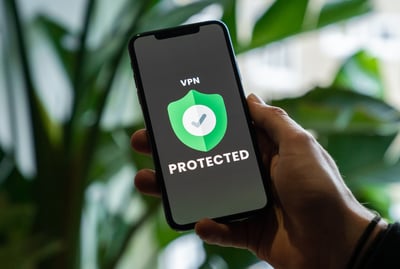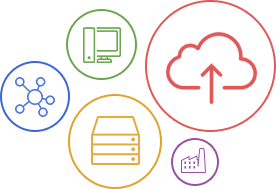In the age of digitization and amid the global shift towards remote work, organizations are increasingly focused on providing their employees with secure access to IT systems, regardless of their physical location. Ensuring secure remote access is a balancing act between granting sufficient access for employees to perform their tasks and maintaining the security of sensitive company information. This article explores different remote access technologies, the role of virtual private networks (VPNs), secure authentication methods, and the importance of comprehensive remote work policies and employee education.
Remote Access Technologies
Remote access technologies allow employees to connect to the organization's IT systems from anywhere in the world. These technologies include remote desktop services, virtualization platforms, cloud-based applications, and collaborative tools. By leveraging these technologies, organizations can provide their employees with the resources they need to work effectively from home or any other remote location.
Also Read: Moving to the Cloud: The Benefits of Cloud Computing
Virtual Private Networks (VPNs)
One of the most common methods of securing remote access is through the use of VPNs. A VPN establishes a secure, encrypted connection between the user's device and the organization's network, making it appear as though the user is accessing the network locally. This keeps any data transmitted across the connection safe from interception or eavesdropping.
appear as though the user is accessing the network locally. This keeps any data transmitted across the connection safe from interception or eavesdropping.
Secure Authentication Methods
Another critical aspect of secure remote access is authentication. Multi-factor authentication (MFA) is a widely adopted security measure that requires users to provide two or more forms of identification to access IT systems. The identifiers are typically something the user knows (like a password), something the user has (like a mobile device or a token), and something the user is (like a fingerprint or other biometric data). MFA significantly reduces the risk of unauthorized access, even if a password is compromised.
Remote Work Policies and Employee Education
"Establishing comprehensive remote work policies is essential for guiding employees on how to access and use company IT systems securely. These policies should cover acceptable use, data handling procedures, and incident reporting, among other topics."- Emil Isanov
In addition, employees need to be educated about potential threats, such as phishing attempts, and how to safeguard against them. Regular training can significantly reduce the risk of human error leading to security breaches.
Also Read: Empowering Your Team: Implementing Effective IT Training Programs
Remote Monitoring and Management Tools
Remote monitoring and management tools provide IT teams with visibility into remote devices, enabling them to track system health, install updates, and troubleshoot issues remotely. These tools can also monitor for suspicious activity, helping organizations detect and respond to potential security threats promptly.
Conclusion
Facilitating secure remote work is a multi-faceted challenge that involves the use of advanced technologies, the implementation of robust security measures, and the fostering of a security-conscious culture. By taking a comprehensive approach to secure remote access, organizations can support their off-site employees effectively while protecting their IT systems from potential threats. As remote work continues to grow, these efforts will be increasingly vital to the ongoing success of organizations around the world.
.png)
Facebook: facebook.com/etech7
Twitter: twitter.com/etech7
Instagram: instagram.com/etech_7/
Blog: blog.etech7.com/














